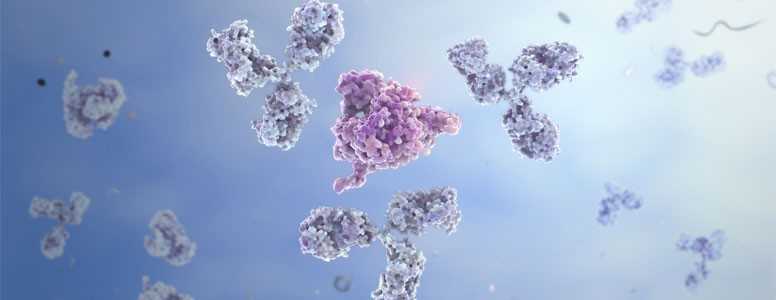A discovery linking immune cells with hypertension in obese people could lead to new treatments for heart disease.
Eosinophils, a type of immune cell, is reduced in people who are obese or have type 2 diabetes.
The findings, which demonstrated that the cells have a role outside of the immune system, could lead to an “exciting new area to investigate for a whole range of illnesses”.
Researchers from the University of Manchester, University of Salford and Sweden’s Lund University say restoring eosinophils in those with reduced levels could reverse potentially serious health problems.
Lead author Dr Sheena Cruickshank said: “This type of immune cell is present in many parts of the body and was once thought to just act in parasitic infections and allergies, but it’s fast becoming clear that they have a significant effect on lots of aspects of health and immunity.
“Our study showed that in fact the secretions from eosinophils have a profound effect on how the blood vessels operate and when they are missing, as in obesity, serious health problems can start to develop.”
Immunology and cardiovascular researchers investigated the eosinophils cells found in fatty tissue known as perivascular adipose tissue (PVAT). This layer of fat sits around blood vessels and supports arteries by helping to ensure normal blood vessel function.
They found that the eosinophils cell count was significantly lower in obese mice leading to the PVAT not working properly.
The immune cells help to maintain the PVAT performance by releasing nitric oxide as well as adiponecti, a protein, and the study showed how quickly PVAT function could be brought back to normal by the cells.
Dr Cruickshank concluded: “These immune cells have been traditionally overlooked but this study shows for the first time that they have a direct role to play in processes in the body beyond the immune system.
“They seem to be incredibly important in a number of processes and this presents us with an exciting new area to investigate for a whole range of illnesses.”
The study has been published in the Scientific Reports journal.
What's new on the forum? ⭐️
Get our free newsletters
Stay up to date with the latest news, research and breakthroughs.






